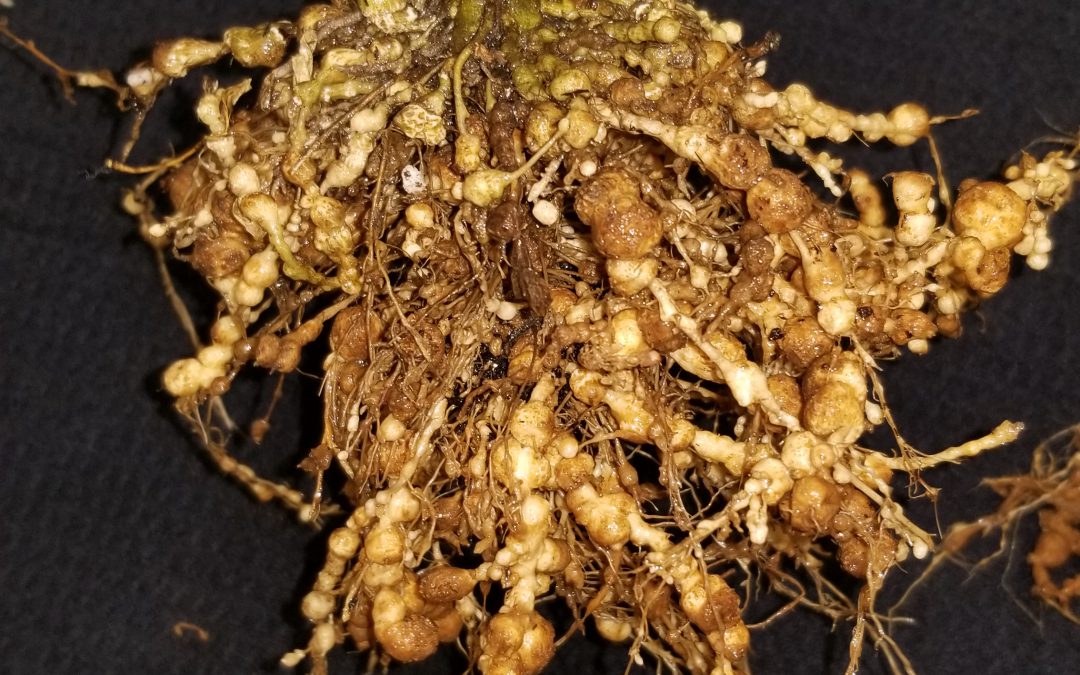
by Zane Grabau | Oct 30, 2020
Zane Grabau, Crop Nematologist, and Chang Liu, BioScientist, UF/IFAS Entomology & Nematology Department- – Guava root-knot nematode (Meloidogyne enterolobii) is an invasive pest that has received increased attention and concern in recent years. This article...
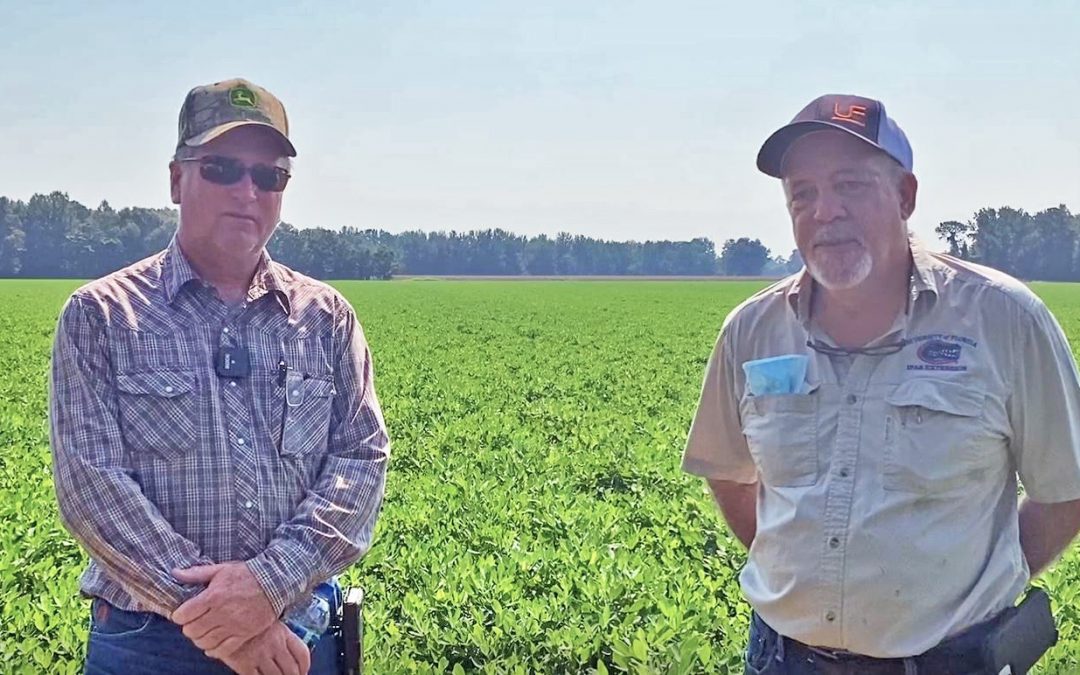
by John Doyle Atkins | Oct 9, 2020
– Santa Rosa County Extension conducted a five-acre peanut variety demonstration with Mickey Diamond, Diamond Farms in Jay, Florida. Since an in-person field day was not possible in August, we decided to do a short video to explain the project . In the video,...
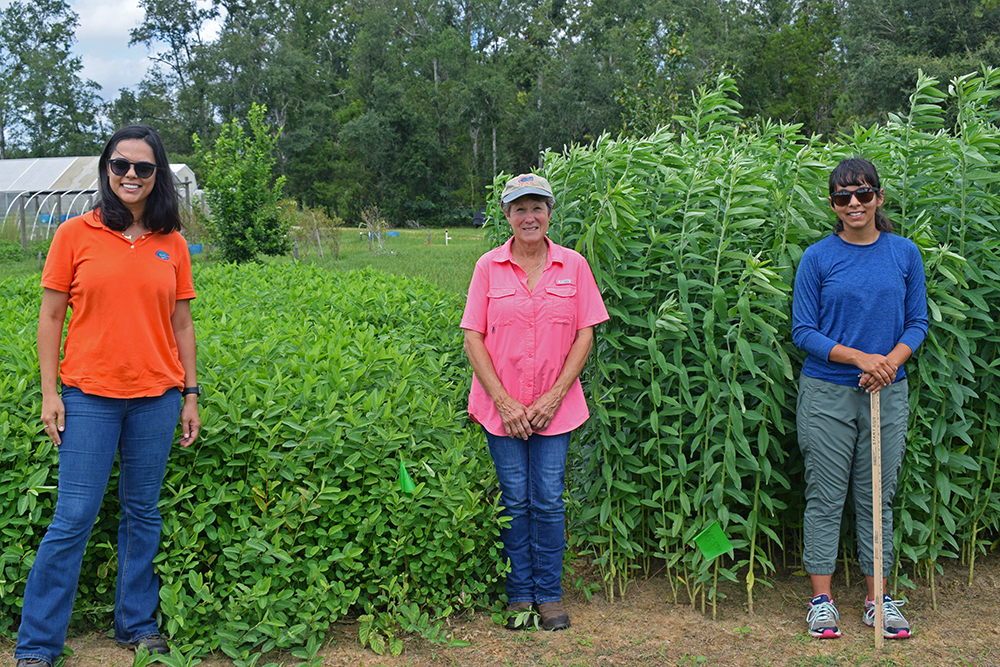
by Doug Mayo | Sep 4, 2020
Dr. Ann Blount, UF/IFAS Forage Breeder, coordinated with county extension agents across North Florida to establish warm-season annual forage legume variety demonstration plots, in the summer of 2020. Special thanks to Kelly Seed and Seedway for donating the seeds for...
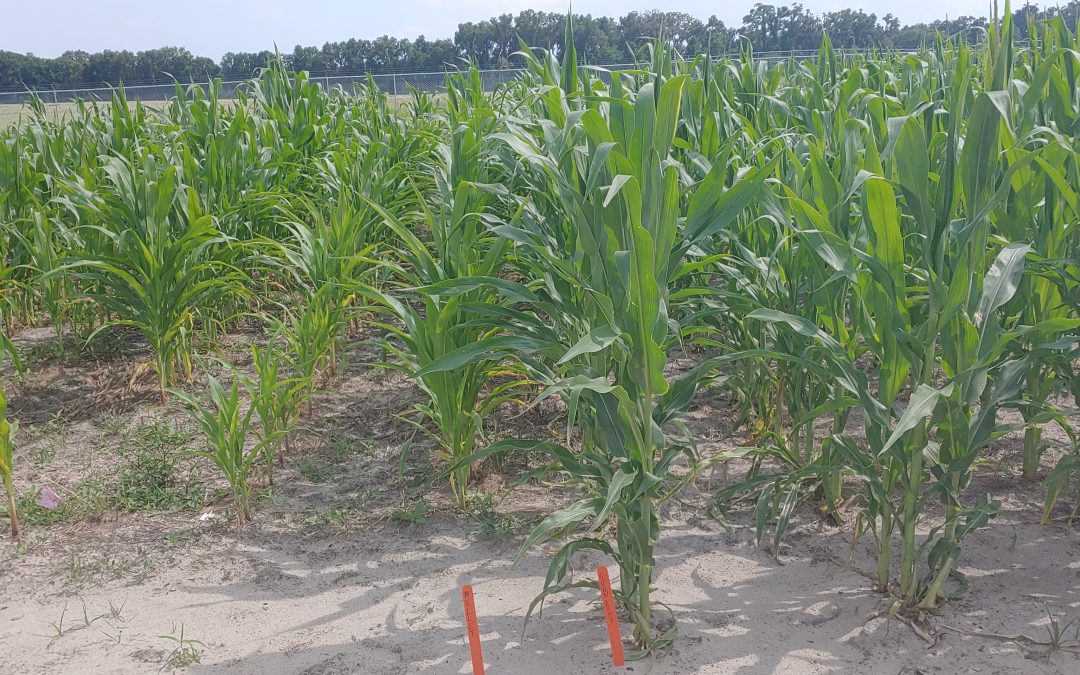
by Zane Grabau | Aug 28, 2020
Zane Grabau, Entomology & Nematology Department, Jose Dubeux, NFREC-Marianna), Marcelo Wallau, Agronomy Department, and Mussie Tsegay, Graduate Student, Entomology & Nematology Department – In fields supporting dairy operations, corn is often grown in...
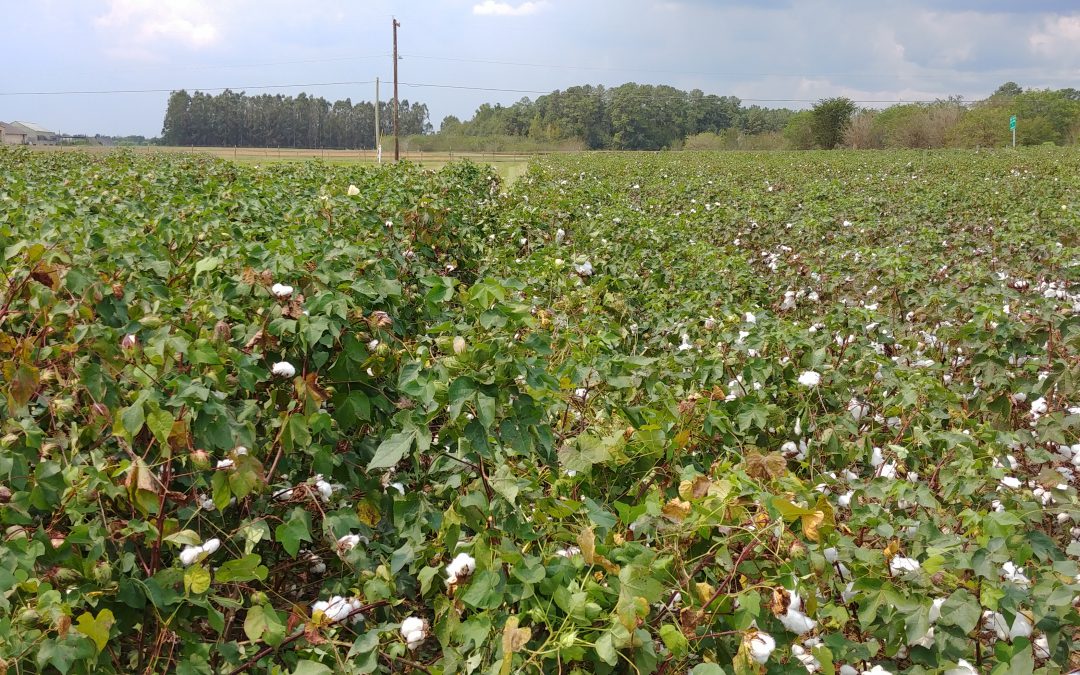
by Zane Grabau | Jul 24, 2020
Reniform nematode is a major pest of cotton. Unlike many other nematodes, it causes problems in a range of soils, including those with lower sand content. Management of this nematode currently relies on nematicide application and crop rotation. Fortunately, resistant...
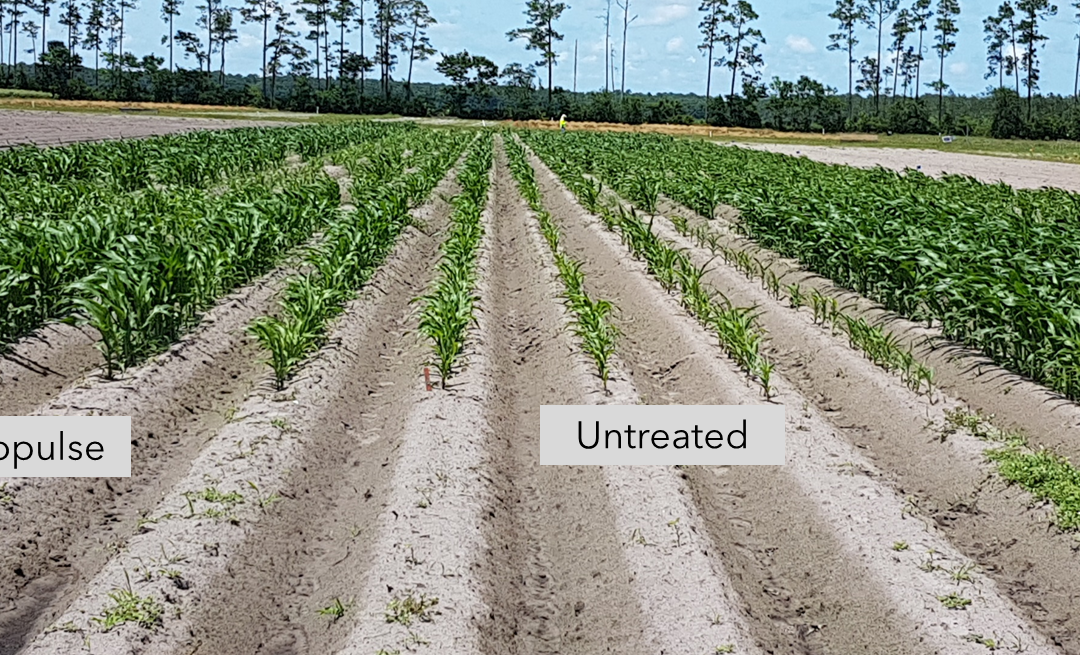
by Zane Grabau | Mar 20, 2020
As much of the world adjusts to changes in our daily life due to measures to combat COVID-19, farmers continue to do what they do – work to produce food. In the Southeast, field corn planting is underway. Nematodes can be a major yield drag in field corn....







